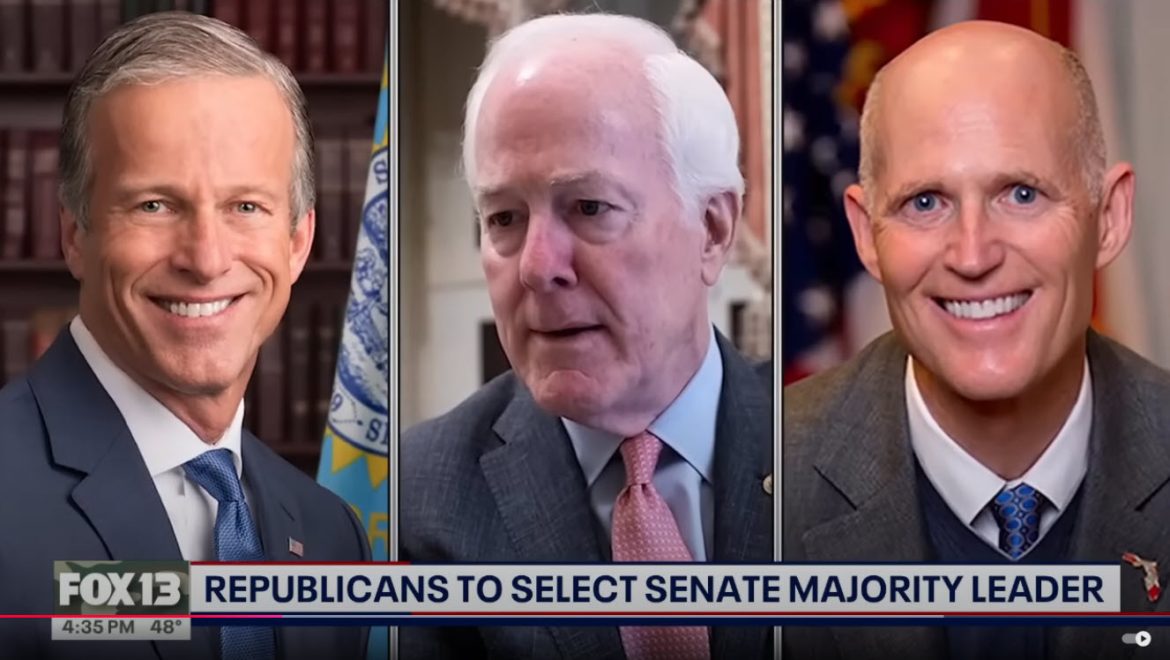In a closely watched election, Republicans have managed to retain control of both chambers of Congress, albeit with a slim majority in the House of Representatives. This outcome sets the stage for President-elect Donald Trump to advance his agenda more easily as he prepares to return to the White House in January.
House of Representatives
The GOP has secured a narrow victory in the House, maintaining their majority by a small margin. This result comes after a hard-fought campaign season that saw both parties pouring significant resources into key battleground districts. Speaker Mike Johnson, R-La., expressed his enthusiasm for the Republican victory, declaring, “It’s a beautiful day in Washington. It is a new day in America”2.Despite Democratic efforts to regain control of the lower chamber, the Republicans have effectively maintained the status quo. The slim majority, however, may present challenges for the GOP in passing legislation, as they will need to maintain party unity on key votes.
Senate Control
In the Senate, Republicans have strengthened their position, flipping three Democratic seats to consolidate their majority2. This outcome provides a significant boost to Trump’s incoming administration, as it will facilitate the confirmation of Cabinet nominees and the implementation of his policy agenda.The new Senate leadership race has concluded with Senator John Thune of South Dakota emerging as the next Majority Leader, replacing the long-serving Mitch McConnell4. Thune’s election came after a contentious contest that included Senators John Cornyn of Texas and Rick Scott of Florida3.
Implications for Trump’s Agenda
With Republicans in control of both chambers of Congress, President-elect Trump is well-positioned to pursue his policy objectives. The unified government presents an opportunity for the GOP to advance significant legislative changes through reconciliation, a procedural tactic that allows them to bypass Democratic opposition2.Trump’s transition team is already moving forward with Cabinet selections, including the appointment of Pete Hegseth as defense secretary and the creation of a new ‘Department of Government Efficiency’ to be led by Elon Musk and Vivek Ramaswamy6.
Challenges and Opportunities
Despite the favorable congressional landscape, the narrow margins in both chambers may require careful navigation of intra-party dynamics. Republicans will need to maintain unity to effectively govern and support Trump’s initiatives.The upcoming meeting between Trump and outgoing President Joe Biden at the White House symbolizes the formal transition of power6. As Washington prepares for the change in administration, all eyes will be on how the new Republican majorities in Congress work with Trump to implement his vision for the country.



